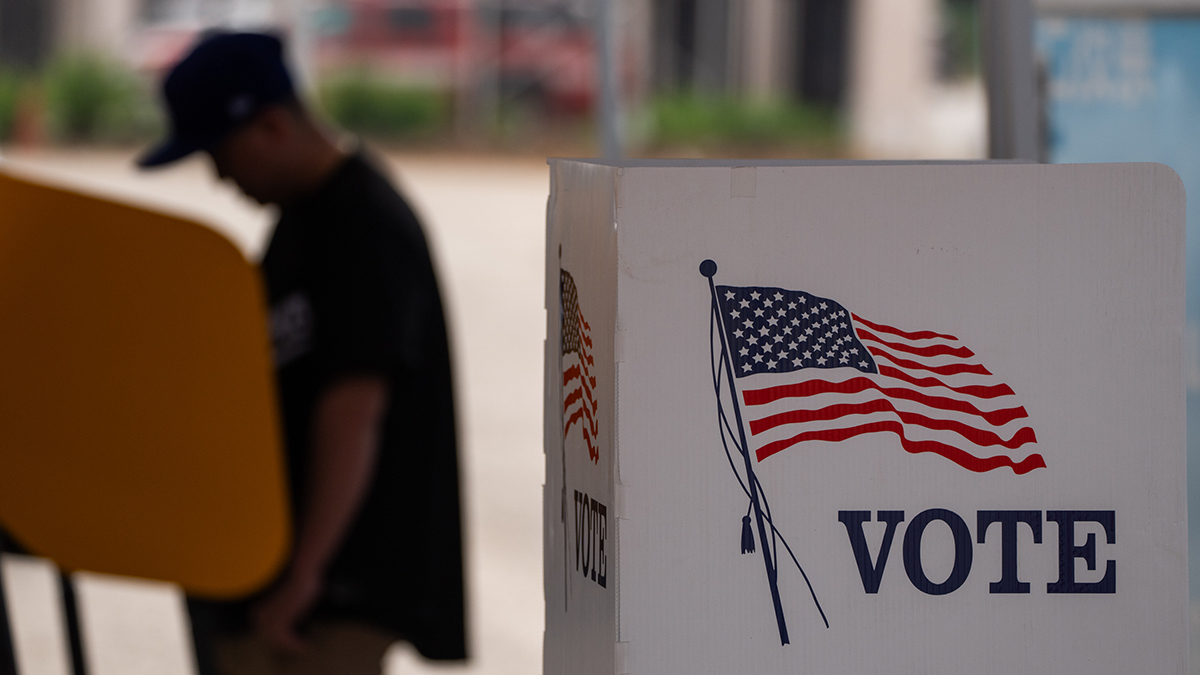For 40 years, Ron Soden and his sisters have been haunted by a painful family mystery: their 16-year-old brother's disappearance from a New Jersey orphanage.
With each year that passed without finding Steven Soden, their expectations faded — but never entirely.
"We always had hopes that we'd somehow find him alive," Ron Soden, 73, told NBC 4 New York Tuesday from his home in Tacoma, Wash. "In this day and age, it's so much easier to find someone over the Internet."
They also had to be realistic. That is why, when Soden saw on the news last year that Illinois authorities were looking for help identifying the remains of several possible victims of 1970s serial killer John Wayne Gacy, he dialed the hotline. It was just a hunch.
The Cook County Sheriff's Office arranged for Soden and his sisters to give DNA samples, which would be sent to a lab to see if their genetic material matched those taken from the remains.
The results came back: no hit.
But the search didn't end there. A Cook County detective enlisted an investigator from the New Jersey State Police, who went through old missing persons files. The lab, at the University of North Texas Center for Human Identification, ran the DNA samples through a national database.
U.S. & World
In March, Soden got another call. Finally, the mystery, at least part of it, had been solved.
It turned out that the siblings' DNA matched a different set of remains, bones found in 2000 by an off-duty New Jersey trooper walking in Bass River State Park — not far from the campground where, in April 1972, Steven Soden had traveled with a group from his Paterson-based orphanage. Steven and a friend bolted from the group and were never seen again.
Arthur J. Eisenberg, co-director of the Center for Human Identification, said the only reason his lab matched the DNA was that New Jersey had sent samples of the bones years earlier for placement into the national system.
"That's the power of this testing," he said. "Once you get the samples into the system, who knows who can be identified."
Ron Soden and his sisters struggled with the news of the identification made 40 years after their brother's disappearance. Steven was now officially dead, and they still have no idea how his life ended.
"You always hope for the best," he said. "But when you finally get an answer, a partial answer…" He trailed off.
"It's sad," he continued. "The sense of him being so young, and the way it happened, and where it was. He probably ran away because he thought nobody cared about him. It's just not a good story."
The Soden children grew up in a small apartment in Paterson, a struggling factory town on the Passaic River, Ron Soden said. They shared the same mother but had different fathers. Ron was 15 years older than Steven and left for the Army while Steven was still young. Steven's dad died, and their mother met another man.
Some time after that, Steven and one of his sisters ended up in an orphanage. Their mother never said why, and the other siblings didn't ask. "Things were just not good back there," Ron Soden said.
Ron Soden and his wife began the process of arranging to bring Steven and his sister to live with them in Washington state. Then Steven disappeared. Their mother died several years ago without revealing anything more.
Now that they know their brother is long gone—and they have to decide what to do with his remains—the Soden siblings are having a hard time adjusting. The tragedy of Steven's life weighs on them.
Ron Soden was the only one who felt strong enough to speak publicly.
He decided to do so, he said, to encourage other families of missing children to keep looking.
"Maybe it will give hope to some other families," Ron Soden said. "Maybe they still have a chance of getting answers. If there's any chance that it will help someone else, I'll talk about it."
In Illinois, meanwhile, authorities are still trying to identify the remains of the suspected Gacy victims. And New Jersey authorities are seeking information about the friend who disappeared with Steven Soden four decades ago.
His name is Donald Caldwell. Anyone with something to share is urged to call 1-800-THE-LOST.



